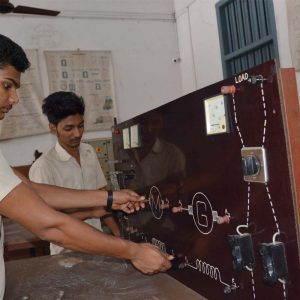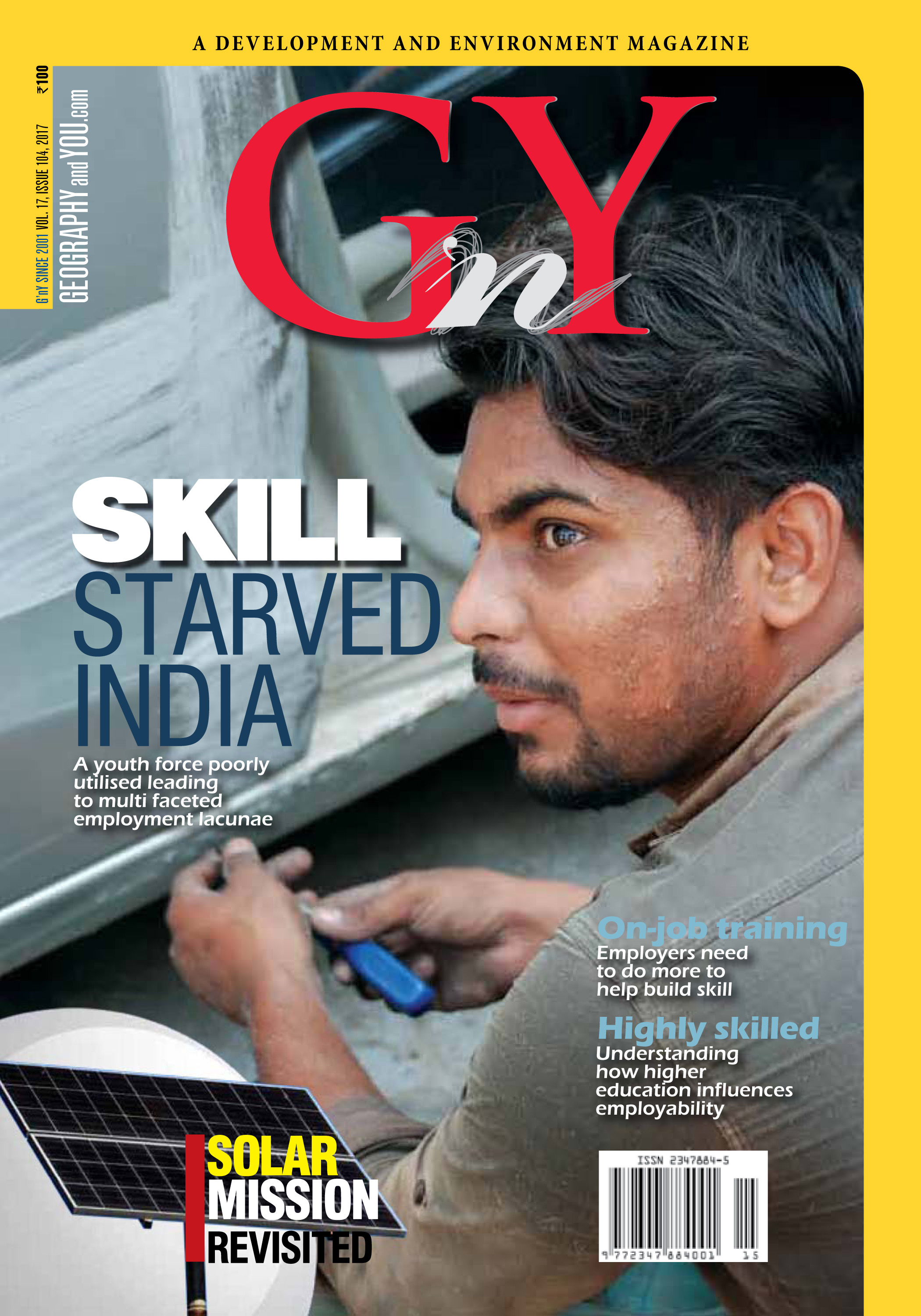
Expert Panel
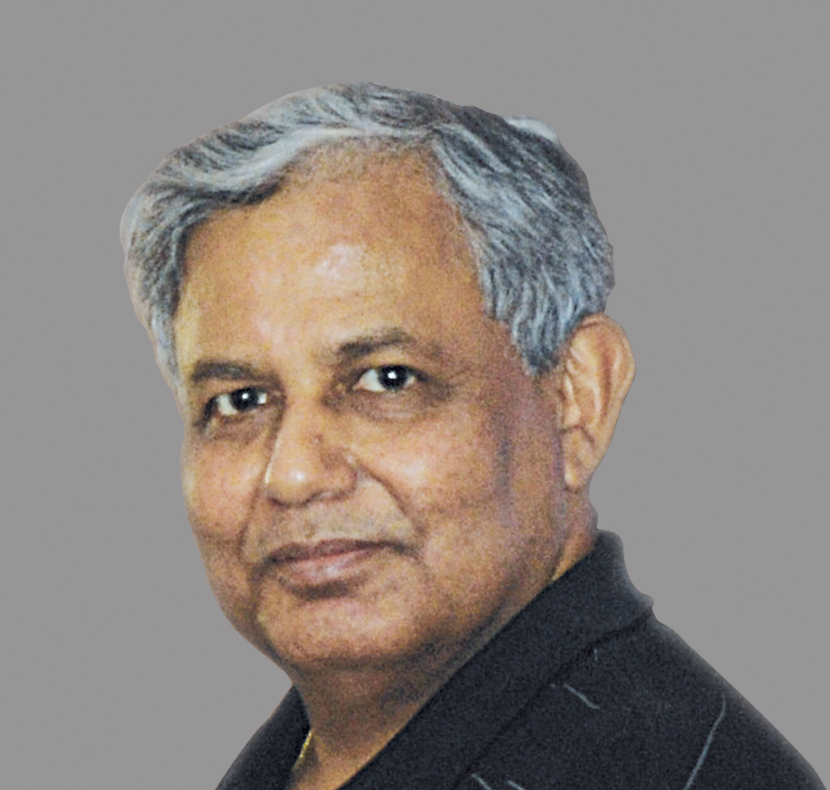
Vice Chancellor, MG Kashi Vidyapeeth, Varanasi.
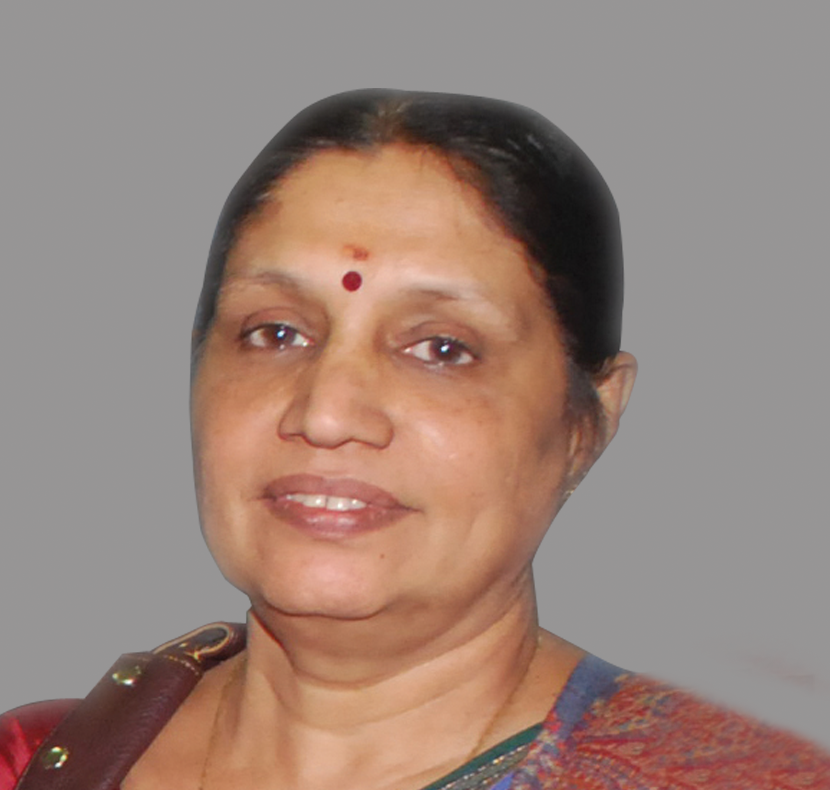
Chairperson, National Biodiversity Authority, Chennai.
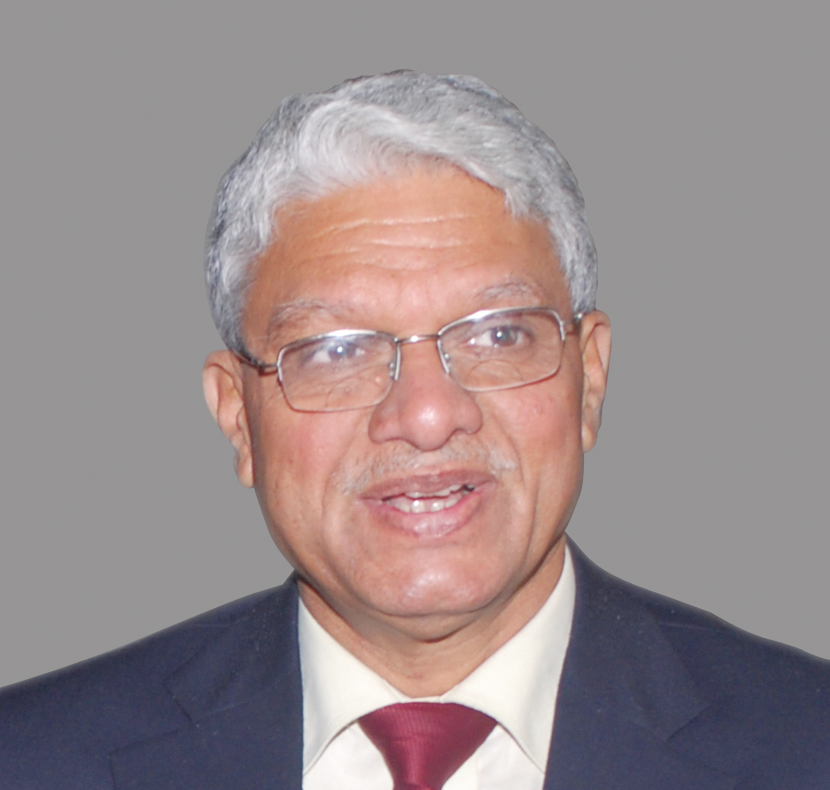
Air Vice Marshal (Retd) Former DG, IMD, New Delhi.

Former Member Secretary, Central Pollution Control Board, New Delhi.
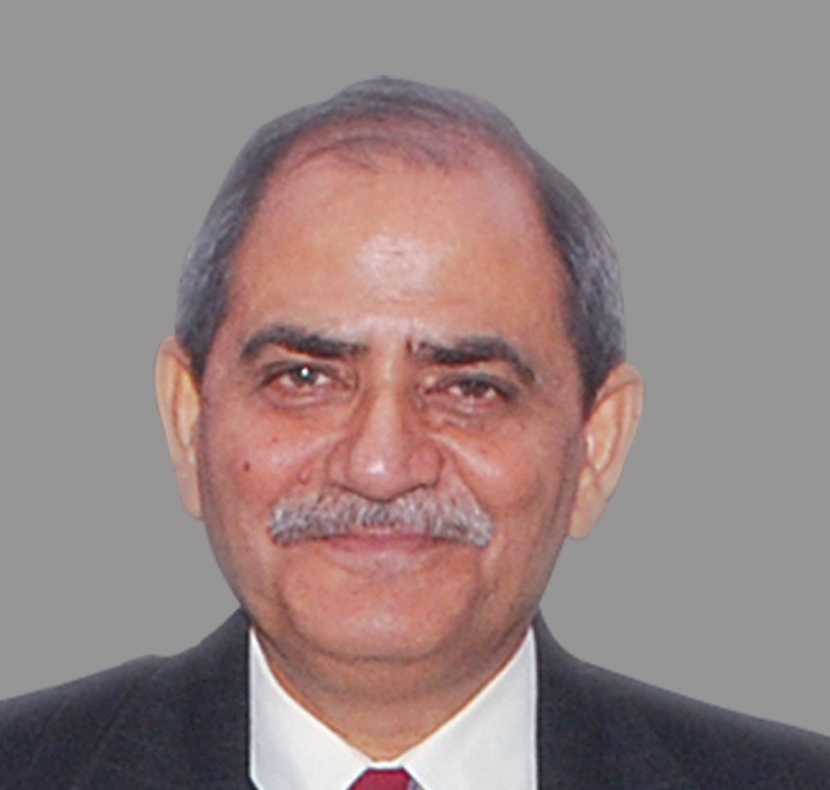
Former Director, NCAOR, Goa.

Professor, CSRD, Jawaharlal Nehru University, New Delhi.

Professor, CSRD, Jawaharlal Nehru University, New Delhi.

Director, Economic Research, Nielsen, New Delhi.
Inside this issue
Skilling India
There is rising unemployment in India, which does not bode well for the future. With a major chunk of population in the young cohort, the challenges in the current system of skill development need to be revisited.
The policy in terms of skilling initiatives in the present day situation is likely to succeed only if the potential employers ask for skilled workforce. Without their involvement, the targeted goal would never be achieved.
The challenge of employability in higher education requires a fundamental rethink on the approach. Addressing the knowing-doing-being gap is critical. Beliefs of key stakeholders regarding fundamental aspects of higher education can alter outcomes.
For a successful skill attainment and removal of skill mismatch, supply driven incentives have to be replaced by the demands of the industries. This improves worker employability as well as helps increase work participation of women.
<p>In the contemporary context, technical finesse is not enough. Employers look for qualities such as social aptitude, communication, team work and more—broadly termed as soft skills.</p>
Solar Future
The highly ambitious National Solar Mission has only five more years to complete its target of 100 GW power generation capacity. Not only is its completion eagerly awaited, but more crucial would be to see whether the Mission would be able to cover the mass populace that has been left out of the conventional power grid scenario till now.
With increasing urban population, the building sector would be one of the major contributors to greenhouse gas emissions. A possible policy solution could be promotion of smart cities and sustainability in terms of energy requirements and environment protection.
<p>The current state of rooftop installations in India suggests that unless some major technological leap brings down the price of panels drastically, the uptake for rooftop systems at the household scale might not reach the desired levels.</p>
India's Outdoors
Hornbills play a significant role in the regeneration of forests. Yet, logging and hunting in north-east India is leading to a huge decline in their population. Community involvement in the conservation process thus needs to be stressed.
In brief
Better skills would lead to better employability, and better employability would make better business and better business would help India transition into a nation of affluence, reaping its demographic dividend. The equation seems simple enough, only the schema has barely kick started—as data in t

